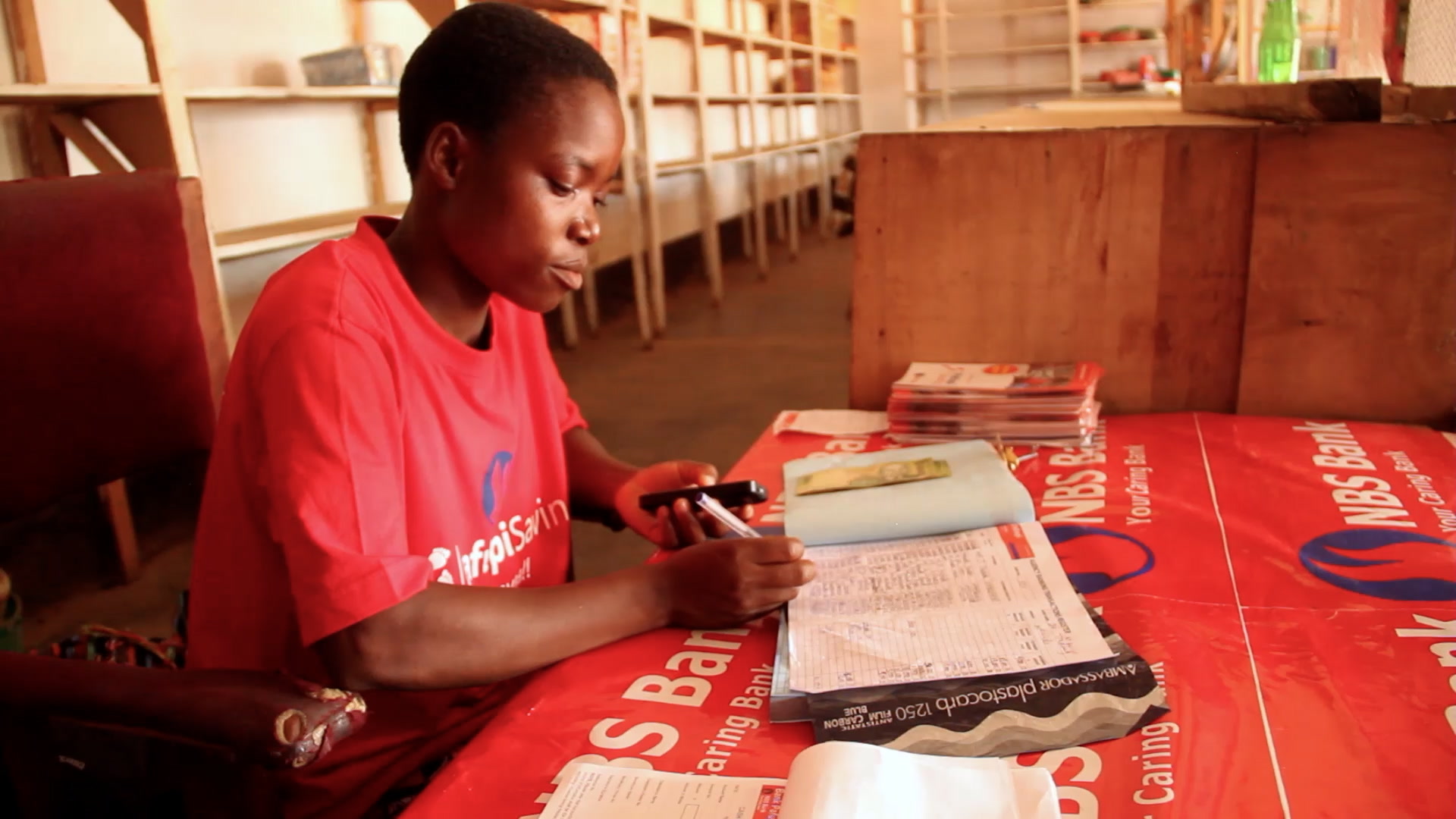Biased against clean investment?


Get involved with our crowdsourced digital platform to deliver impact at scale
Stay up to date:
Banking and Capital Markets
Michael Liebreich, Member of the World Economic Forum’s Global Agenda Council for New Energy Architecture, explains how financial systems are biased against clean energy and clean infrastructure.
Between 2004 and 2010 annual global investment in renewable energy, energy efficiency and associated technologies soared from just over US$ 50 billion to about US$ 250 billion. Clean energy technologies also became cheaper – most notably solar photovoltaics, but also wind turbines, LEDs, batteries and all the associated control technologies – so that each dollar of investment started to buy a lot more equipment.
Recently, however, progress has stalled, and 2012 was the first year in which investment globally dropped, by 11%. Yet it would need to increase to between US$ 750 billion and US$ 1 trillion a year if energy-related carbon emissions are to peak by 2020.
Over the past decade I have sat through hundreds of conference sessions on how to spur investment in clean energy. Discussions always focus on energy policy: the need for a regulatory framework to provide investors returns on their capital commensurate with risks they are taking. Policy and regulation relating to the financial sector, rather than the energy sector, have been all but absent from discussions.
When challenged, asset owners claim they are value-neutral, investing wherever the risk-return balance makes sense, and placing the onus on energy ministers and regulators to create such opportunities. Closer examination, however, suggests a range of biases in the financial system against investment in clean infrastructure. By bias, I mean anything which tends to restrict investment to a lower figure than would be expected on a purely economic analysis.
Laws brought in to prevent a repeat of the financial crisis prevent banks from making any long-term investments, hitting renewable energy particularly hard. Regulations emphasizing liquidity do the same for insurance companies. Pension funds trustees are told they can’t consider anything but short-term risks calculated by the ratings agencies. Tax structures available for fossil fuel investors cannot be used for clean energy. State Aid laws accommodate historic subsidies but prevent support for emerging technologies. Regulators accept the full value of fossil fuel assets on balance sheets, even when treaty commitments might prevent those assets from ever being used. And so on.
I believe an audit into the world’s financial system would pronounce it “institutionally fossilist” – pervasively biased against clean energy and clean infrastructure investment in favour of incumbent technologies.
The World Economic Forum report, Financial Regulation – Biased against Clean Energy and Green Infrastructure?, along with the associated Bloomberg New Energy Finance white paper, is intended to help eliminate barriers between the world’s financial system and the sort of infrastructure it needs to fund.
Author: Michael Liebreich is Chief Executive of Bloomberg New Energy Finance and a member of the World Economic Forum’s Global Agenda Council for New Energy Architecture.
Image: Solar panels are seen atop a house near Tokyo, Japan REUTERS/Toru Hanai
Don't miss any update on this topic
Create a free account and access your personalized content collection with our latest publications and analyses.
License and Republishing
World Economic Forum articles may be republished in accordance with the Creative Commons Attribution-NonCommercial-NoDerivatives 4.0 International Public License, and in accordance with our Terms of Use.
The views expressed in this article are those of the author alone and not the World Economic Forum.
Related topics:
The Agenda Weekly
A weekly update of the most important issues driving the global agenda
You can unsubscribe at any time using the link in our emails. For more details, review our privacy policy.
More on Banking and Capital MarketsSee all
Efrem Garlando
April 16, 2024
John Hope Bryant
April 11, 2024
Alexandre Raffoul and Kai Keller
April 10, 2024
Alex Edmans
April 4, 2024
Victoria Masterson
March 28, 2024






